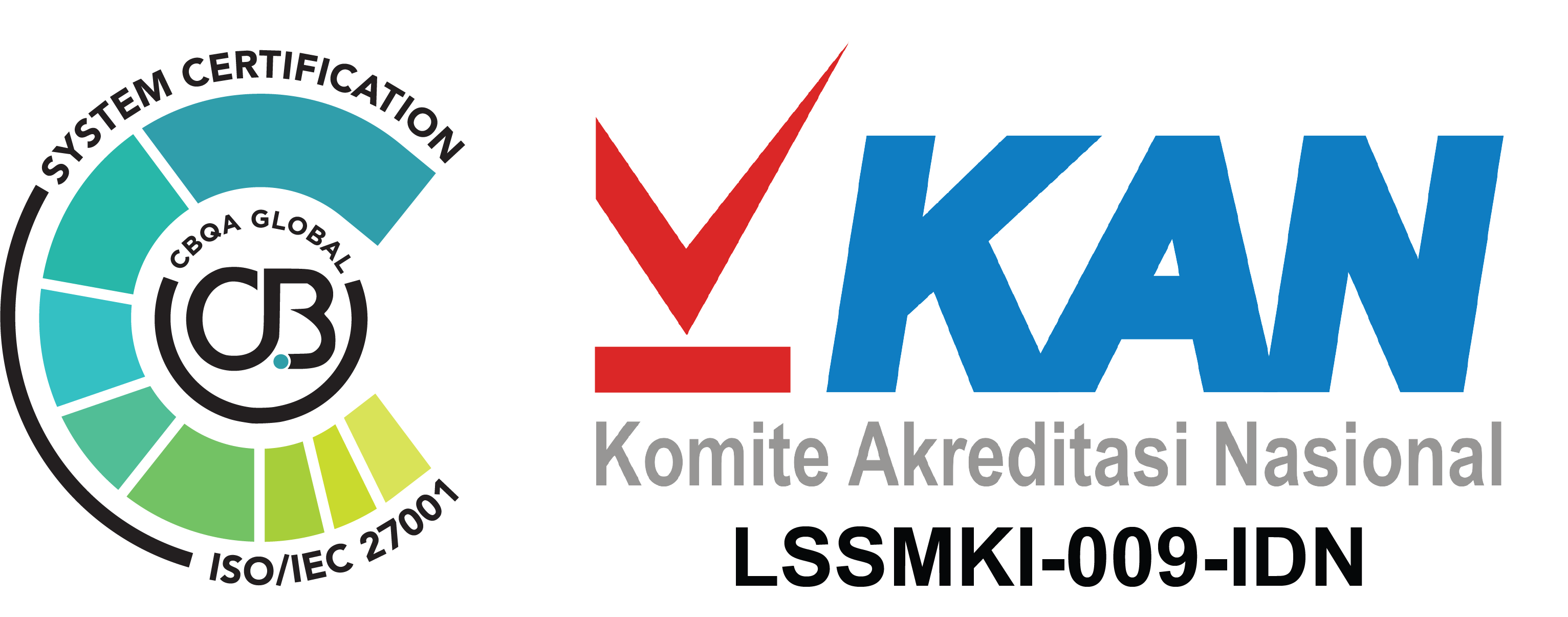-GOVERNMENT BONDS-
High Real Return Supports the Weekend Market. Successive deflation has made domestic bonds attractive again, as they offer a high real return. On the other hand, this deflation also has the opportunity to make BI lower the BI 7-DRRR benchmark interest rate again. The Central Statistics Agency (BPS) showed deflation of -0.05% occurred in September. This figure is amidst a survey by Bank Indonesia (BI) and market consensus which projects inflation of 0.05%. This also shows that during 3Q20, Indonesia continued to experience deflation, which indicates a problem in people’s purchasing power. This figure also confirms that Indonesia is very close to the brink of recession. Low inflation and even deflation have made government securities (SBN) more attractive because the real returns on their yields are considered higher. SBN yields on Friday closed mixed. Nearly all SBNs recorded lower yields, with the 10-year SBN dropping 1.4 bps to 6.92%. The deepest drop in yield was recorded on 1-year SBN. In contrast, the lowest yield decline was for 30-year SBN, which fell 0.3 bps.
-CORPORATE BONDS-
Controlled Liquidity, Waskita Pay Off Bonds. Waskita Karya Tbk (WSKT) prepares funds for the settlement of IDR 2.5 trillion bond principal payment obligations due on October 6, 2020 and October 16, 2020. Waskita bonds which will mature on October 6 is Sustainable Bonds III Phase I Year 2017 Series A amounting to IDR 1.37 trillion. The three-year bonds bear an 8% interest. The securities rating agency, Fitch Ratings, has assigned a B- rating for the bonds. The Waskita bonds that will mature on October 16 are the 2015 Phase II Sustainable Bonds worth IDR 1.15 trillion. The five-year notes have interest at 11.1 percent. The Indonesian Securities Rating Agency (Pefindo) has assigned a BBB + rating for these bonds. Meanwhile, the fund for bond repayment comes from internal cash and banking facilities. As is known, on August 19, 2020, Fitch Ratings lowered Waskita’s long-term national rating from BBB + to B. The rating downgrade was due to Fitch’s negative sentiment over liquidity risk and lack of support from financial institutions and the government amid the conditions of the Covid-19 pandemic. (Investor Daily)
-MACROECONOMY-
Foreign capital flows into IDR 1.03 trillion. Bank Indonesia (BI) noted, there was a flow of foreign capital in the first week of October 2020 which entered the domestic financial market. According to records, based on BI transaction data from 28 September 2020 to 1 October 2020, foreign capital inflows amounted to IDR 1.03 trillion. Foreign capital entered the Government Securities (SBN) market amounting to IDR 2.46 trillion. However, exiting the stock market was IDR 1.43 trillion. Even though foreigners entered the domestic financial market, from January 2020 to October 1, 2020, foreigners were still observed selling net up to IDR 173.83 trillion. The amount of foreign capital outflows was greater than that in the January 2020 to 24 September 2020 period, which amounted to IDR 167.44 trillion. (Kontan)
-RECOMMENDATION-
Foreign capital flows into IDR 1.03 trillion. Bank Indonesia (BI) noted, there was a flow of foreign capital in the first week of October 2020 which entered the domestic financial market. According to records, based on BI transaction data from 28 September 2020 to 1 October 2020, foreign capital inflows amounted to IDR 1.03 trillion. Foreign capital entered the Government Securities (SBN) market amounting to IDR 2.46 trillion. However, exiting the stock market was IDR 1.43 trillion. Even though foreigners entered the domestic financial market, from January 2020 to October 1, 2020, foreigners were still observed selling net up to IDR 173.83 trillion. The amount of foreign capital outflows was greater than that in the January 2020 to 24 September 2020 period, which amounted to IDR 167.44 trillion.

